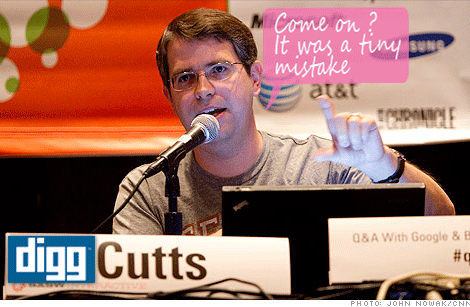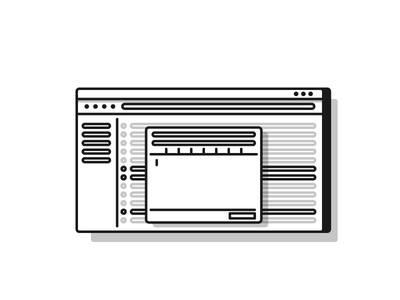Google deindexing, yes, it can happen and does happen to hundreds of sites. Some businesses don’t know they’re in danger of being dropped from the search engine’s index until it’s too late. Others are well aware that they’re walking a fine line but so desperately want the traffic from organic search, continue to take the risk day after day, week after week and month after month.
The problem is, whether or not the site owner or business entity is aware of the tight rope, there’s only one inevitable conclusion: that site will become another statistic of Google deindexing. The search engine and its rivals are becoming so sophisticated, there’s not much their software algorithms can’t detect.
And if you believe you don’t need Big G, opting instead for pay-per-click marketing and banner ads, you’re mistaken. If the search engine decides it doesn’t want to support your search engine marketing, well then, it can do so without warning and without repercussions.
Google Deindexing Defined
What Google deindexing means is precisely what it says. To best understand it, let’s walk through a typical scenario of a new site being published on the internet. It goes up and through software robots, called spiders or crawlers, the cyber property is found. The contents of the new site are crawled by the spiders and go back to the search engine. There, hundreds of algorithmic signals compute, deciding in which category to place the newly discovered web property.
Then, other computations are conducted and the site is given a rank in organic search results based on literally hundreds of factors. When a person logs onto the internet and conducts a search query, that site will be among many others which pop up.
Google may temporarily or permanently remove sites from its index and search results if it believes it is obligated to do so by law, if the sites do not meet Google’s quality guidelines, or for other reasons, such as if the sites detract from users’ ability to locate relevant information. We cannot comment on the individual reasons a page may be removed. However, certain actions such as cloaking, writing text in such a way that it can be seen by search engines but not by users, or setting up pages/links with the sole purpose of fooling search engines may result in removal from our index. —Google Webmaster Tools
And that’s how sites get traffic through search. The other two types of ways sites are found by web users is through direct traffic, meaning they type the domain name straight into their browser or by referral traffic, meaning users click a link on one site to go to other site. But if you’re site is put into the Google deindexing penalty box, it won’t get organic traffic. And other sites looking for information they can link to won’t find your site. So, you’re site becomes all but invisible.
How to Get On the Wrong Side of Search Engines
The quickest way to get on the wrong side of the search engines is to engage in practices forbidden by their quality guidelines. And although there are several search engines, their guidelines are quite similar. Break the rules and your site will be a prime candidate for Google deindexing:
- Use black hat techniques. Black hat tricks are things designed to “trick” the search engines. Keyword stuffing is one. Cloaking URLs is another. Buying links is also a no-no. Making text invisible to page viewers, using doorway pages, and publishing duplicate content.
- Trying gray hat techniques. Fake, paid, or quid pro quo user reviews are one type of grey hat technique. Then there’s the trick of pointing old domains to your current URL. Writing separate pages for each keyword is another. And syndicating your content is yet another.
- Mix-up your self promotion with news content. If your site regularly publishes news about the industry which your business is in, then include some type of promotional text, affiliate links, or other marketing material and your site will feel the affects of a Google deindexing. In fact, the search engine is so serious about this, it sent out a stern warning never to do this.
- Commit other transgressions. Spin content with software, place unrelated keywords on your site, use microfonts, give a page more than one title, and manipulating rich snippets are also good ways to get deindexed.

Getting Back In the Google Index
If you’re site has been placed in the Google deindexing penalty box and you’re having trouble getting your site re-included through a reconsideration request, then contact us today. We can perform a full, in-depth analysis of your site and make all the necessary corrections to get your site back in the Google index.

